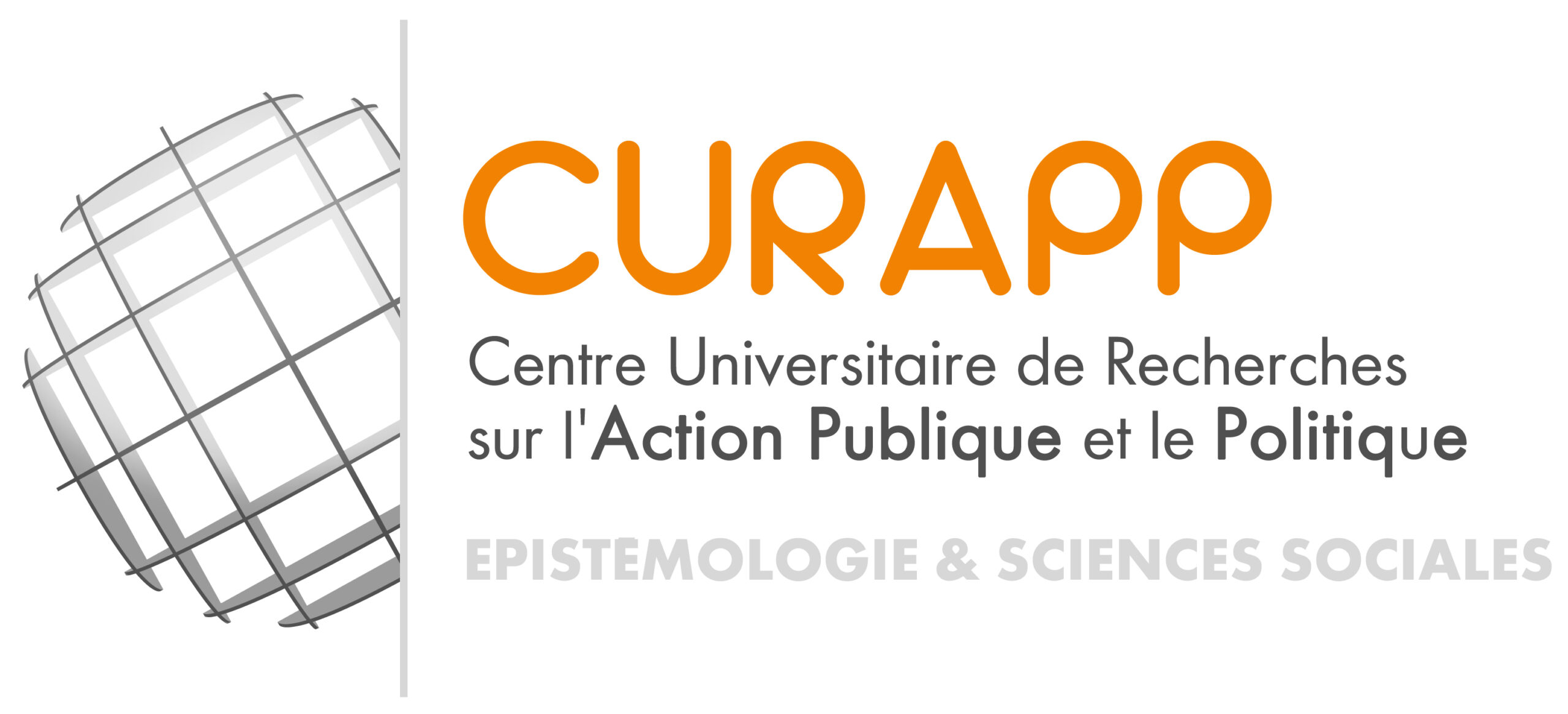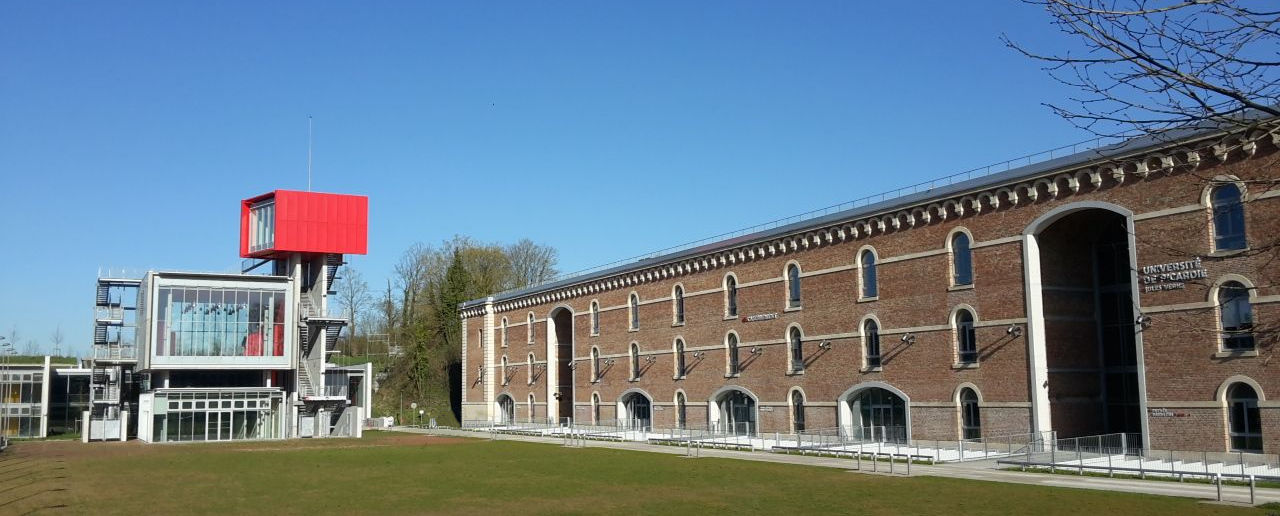These researchers more precisely focus on the institutional construction of markets, the penetration of mercantile logics in institutions, and the public conditioning of economic actors.
The aim is to grasp how the public power unfolds, structures and perpetuates markets, and to determine how public action affects the activity and rights of actors and users through the increasing weigh of business and management logics, tools and programs. It is also to apprehend the public logics regulating ordinary economic behaviour.
Economic logics and public action
Building on the work done in the framework of the previous research contract of the “Public action” theme, further research work deepens the analysis of the logic of privatization of public action when public services are outsourced, and when business methods are incorporated into public action. It more specifically addresses the local scale. But at the same time, the hypothesis is that the public sphere is reconfiguring rather than shrinking, and that it is then contracting in some sectors that are being opened to market, but that is also being transferred or extended to other sectors where the public authority is gaining new positions, as an economic actor or through its consolidating role in economic relationships.
The transformations of public action are analysed thanks to the study of its instruments, doctrines, fields of application and actors. We focus on social policies, and especially on poverty management, and on the family, education, environment and sexuality policies.
The aim is more specifically to understand how institutions integrate and apply the market logic put forth in the reforms of the state. As an example, in educational policies, we are interested in the reconfiguration of academic judgement under the weight of market logic (market-oriented rationale), from the study of the terms of selection of Bachelor’s and Master’s students (in France, in England and in the USA). Another example is studied, in the field of social policies. We observe how the modes of organization of the local systems of public action are put to work by the introduction of a new reference frame for action which is inspired by the logic of management, as this change of reference frame questions the ways Law is incorporated into individual biographies. We study the social conditions of social benefit access difficulties in the case of RSA (“Revenu de Solidarité Active”, i.e. “Active Solidarity Income”, a tax credit), to analyse the institutional trajectories of the potential beneficiaries in order to identify the specific hardships that mark these pathways to access and reveal the complex dynamic of appropriation of a social right.
Markets, actors of the economy, legal forms of state intervention
These research works rely on economic sociology, innovation sociology, competition law, regulation law and public contract law.
Economic sociology, and sociology of scientific, technical, economic and social innovation, study how public and private actors connect and build relationships in projects linked to the ecological transition. The conditions and logic of emergence of sustainable social, economic and environmental models are analysed through experiments conducted on different scales. We study how a “bio” industry can be defined within the spaces of interactions between business actors and public laboratories working on the conversion of agricultural biomass in a perspective of transition from a fossil-carbon-based chemistry to a bio sourced chemistry. We also study the logic underlining the local development of economic, social, and environmental alternatives around of the redefinition of the models and tools of production, flow and consumption, considering how these initiatives benefit from public support or not. Either in bio-industry, in organic agriculture, in cooperative production, in goods and services exchange networks or in short supply chains, we study how these initiatives contribute to (re)-legitimate and (re)-define public action, private actors and their relations.

